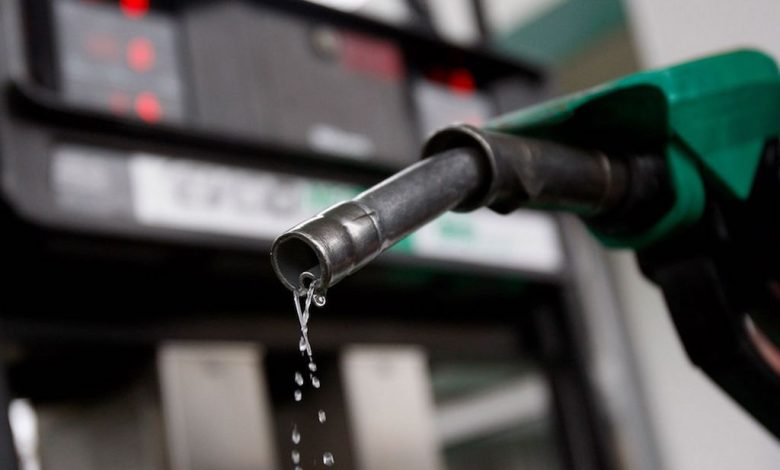
As Nigerians continue to grapple with the effect of the petrol subsidy removal, residents in border communities of Ogun state are paying as high as N1,000 for a litre of fuel.
Border towns are worst hit by the adjustment of petrol pump price by the Nigerian National Petroleum Company Limited (NNPCL) to N617 per liter In Ogun state.
While a litre of fuel is sold between N500 and N600 in Abeokuta and other metropolises, residents in border pay between N800 and N1,000 for the same quantity.
Residents blame the exorbitant price on the ban on supply of petroleum products within 20km radius to the country’s border with Benin Republic.
Recall that former president Muhammadu Buhari, had in 2019, banned the supply of petroleum products to Nigerians living within 20km to the country’s frontiers to curtail the diversion of subsidized fuel to neighbouring countries.
Although the Buhari government later granted some filling station waivers to sell fuel in the border areas, the number is insignificant to the population in the areas.
Many of the residents rely heavily on black-market for fuel which sells at exorbitant rates in the border areas.
Locals in Idiroko, Ijofin, Agosasa, Ipokia and Iwoye Ketu, all in Ipokia and Imeko Afon local government areas, said a litre of petrol is sold at between N800 and N1000.
“A litre costs N1,000. I bought some fuel to power my motorcycle this morning (Sunday),” Ahmed Ismaila, the CDA Chairman, Iwoye Ketu, a border town in Imeko-Afon Local Government Area of the state, told Daily Trust.
He said many residents have now abandoned their vehicles and resorted to motorcycles to cut down costs.
He added that the cost of local transportation has increased by about 300 per cent in the area.
“First, the government must restore fuel supply to border towns. We are Nigerians, but we are being deprived of our rights because we live in border towns. Even when petrol was selling for about N190, we bought at N300 here. I urge the government to lift the ban which has been in place since 2019,” Ismaila added.
